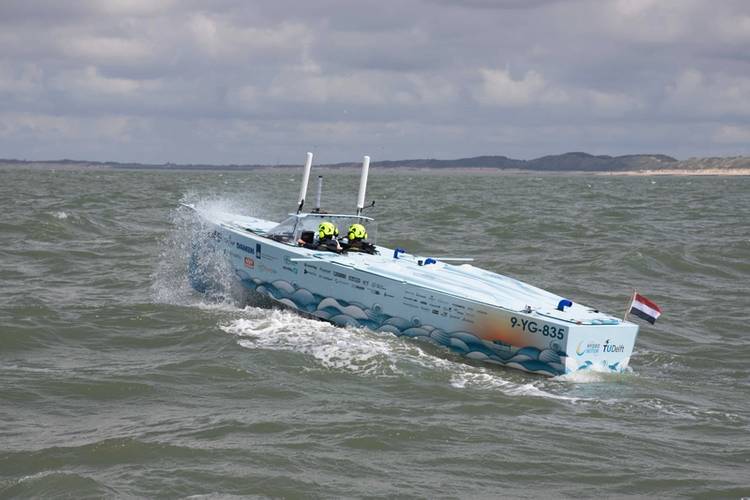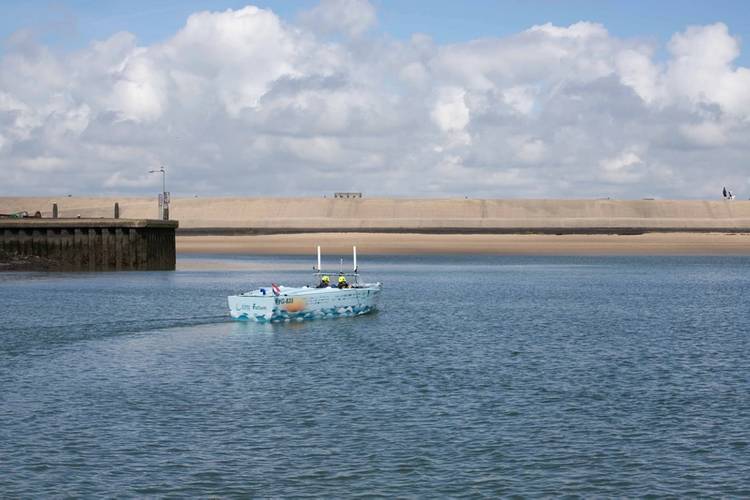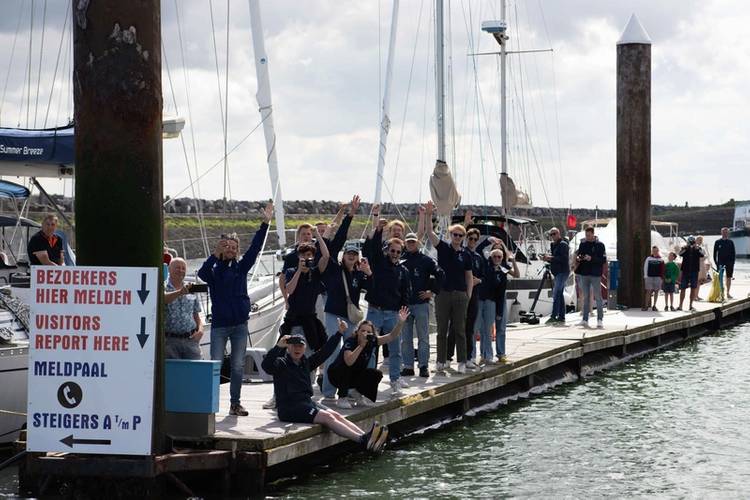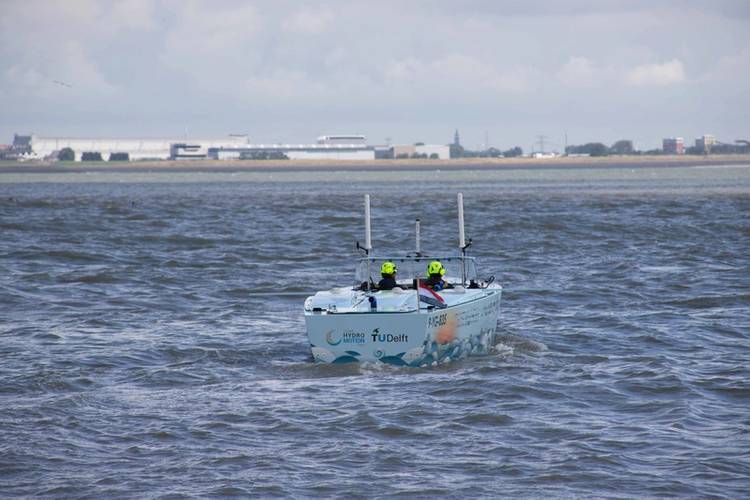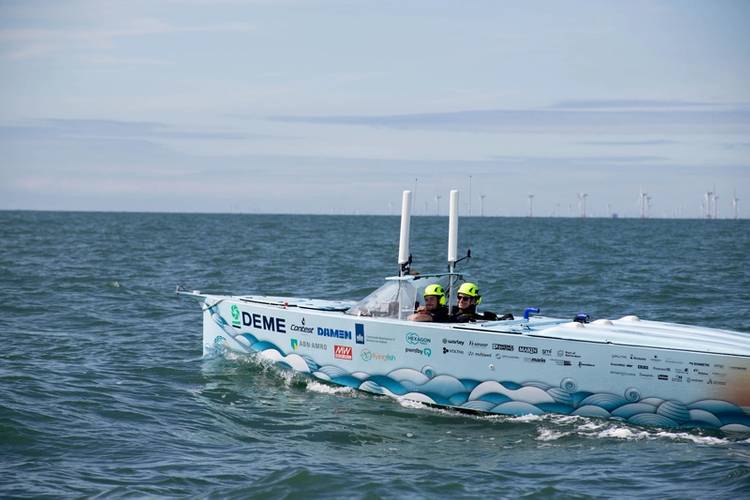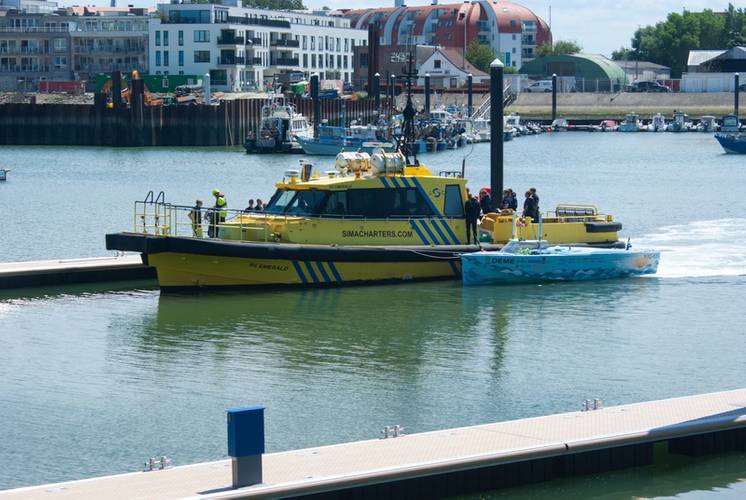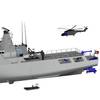Delft Students Cross North Sea on Self-Built Hydrogen Boat
On July 11, 2024, Dutch students from the TU Delft Hydro Motion Team arrived in Ramsgate with their self-built hydrogen boat, becoming the first to cross from the Netherlands to England with a fully hydrogen-powered vessel, making the nearly 169-km journey across the North Sea on a single tank.
- Read more about the future of Hydrogen in the maritime space in our inteview with Roy Campe, CTO, CMB.TECH in the January 2024 edition of Maritime Reporter & Engineering News.
The teams first attempt to make the crossing on July 9, 2024 failed due to technical problems that occurred the day before and the risk of thunderstorms.
On July 11, the students tried again, but at the outset it seemed this attempt may be unsuccessful as well when, at the outset, a cooling pump broke down. But with a quick pitstop in the harbor of Zeebrugge, the pump was successfully replaced and the boat was once again seaworthy.
The TU Delft Hydro Motion Team has been building hydrogen-powered boats for some time.
After a successful summer last year, where they became world champions at the Monaco Energy Boat Challenge, the students decided to take a different approach this year. Instead of the annual race, they organized their own challenge: Being the first to cross the North Sea from the Netherlands to the United Kingdom in a fully hydrogen-powered boat.
Crossing the North Sea brought many additional challenges for the students, including safety, logistics, and jurisdiction. An internal team was formed to work full-time on the organization of the crossing alongside the testing phase. To ensure safety, protocols are drawn up, extra training sessions and preparations were taken on, and necessary safety products were purchased. Logistical planning was also a significant challenge this year, especially since the exact date of the crossing depended on the weather. The students designated the second week of July as their "weather window," during which they chose one day with the right conditions for the crossing.
For this project, seaworthiness was a new challenge for the team, which had previously focused on speed and maneuverability. This year, the focus was on robustness and reliability. The hull was significantly higher and equipped with a sharp bow to better cut through the waves. Additionally, space was made for an extra tank, bringing the total amount of hydrogen on board to 25 kilograms. This allowed the students to complete the nearly 169 km crossing in one go without refueling.
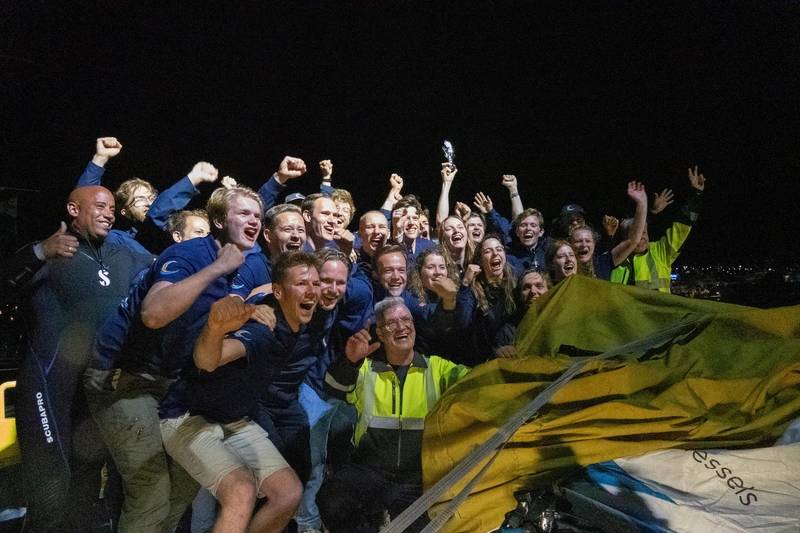 The successful team lands in Ramsgate! Image courtesy TU Delft Hydro Motion Team
The successful team lands in Ramsgate! Image courtesy TU Delft Hydro Motion Team









